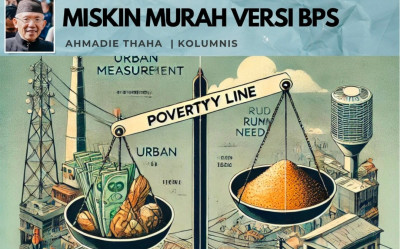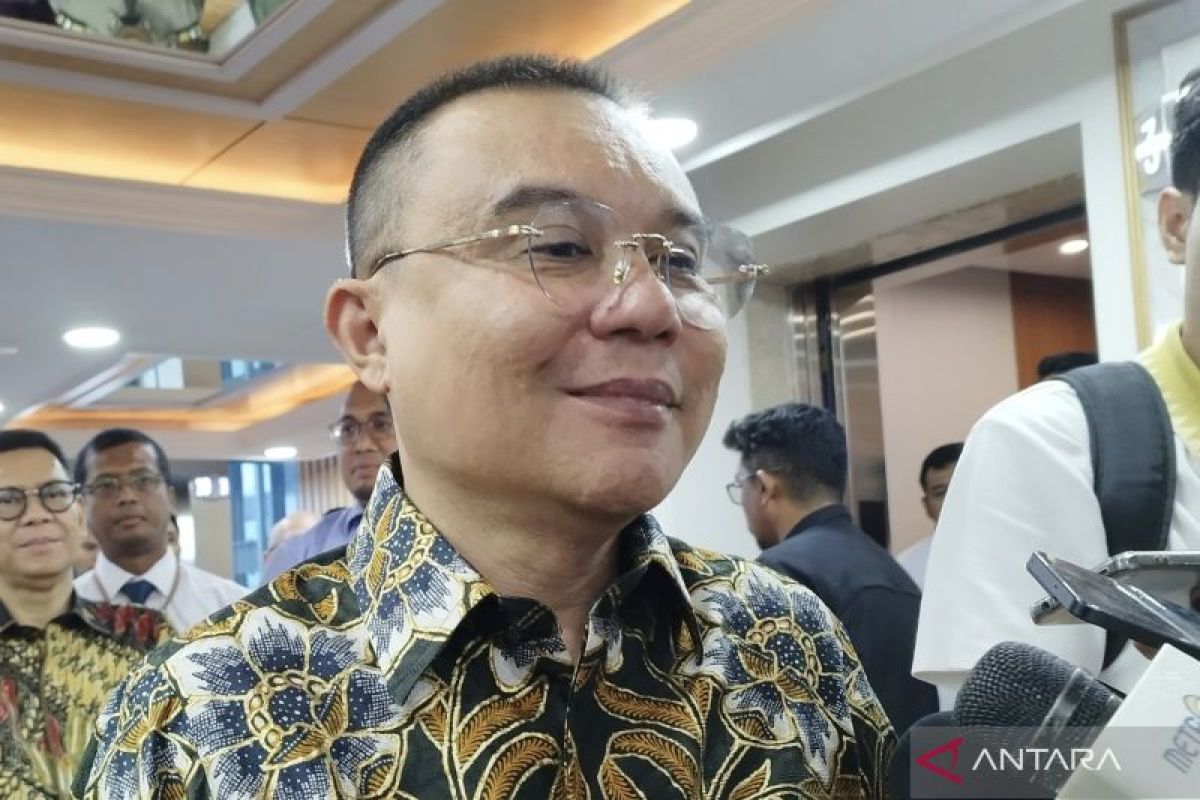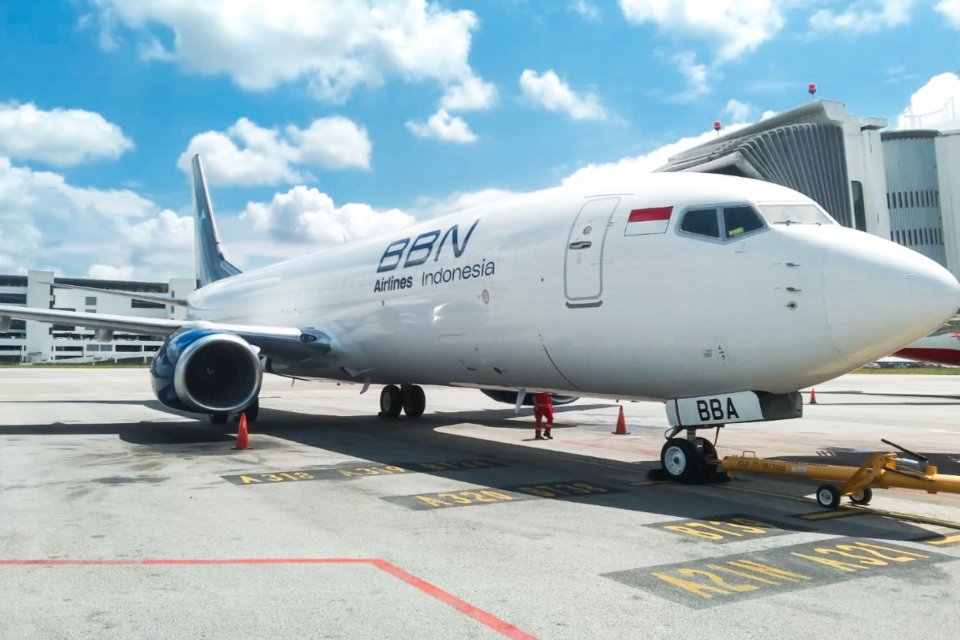Deputy Minister Bima Arya Asserts That Regions Are Not Obliged to Allocate APBD for Free Nutritious Meals
Deputy Minister Bima Arya stated that Regional Expenditure Budget (APBD) allocation for free nutritious meals depends on each region's fiscal capacity

Tempo.co, Jakarta - Deputy Minister of Home Affairs Bima Arya stated that the use of the Regional Revenue and Expenditure Budget (APBD) to support the program is voluntary. He emphasized that the allocation of APBD for this flagship initiative of President Prabowo Subianto depends on the fiscal capacity of each region.
"It is not mandatory; it is quite suitable and largely depends on the region's fiscal capacity. That is the key point," Bima stated during a meeting at Jakarta City Hall on Monday, January 20, 2025.
Bima noted that regions with strong fiscal capacity usually generate higher local revenues due to transfers of funds from the central government. He cited Badung Regency in Bali as an example, as it has significant local revenue. Therefore, he recommended supporting funding for free nutritious meals in that area.
This National Mandate Party politician is confident that the budget's benefits will boost regional economic growth. "This program will stimulate the regional economy as well," he stated.
Minister of Home Affairs Tito Karnavian recently announced that the free nutritious meals program will be funded through the Regional Revenue and Expenditure Budget (APBD). He mentioned that 413 regencies and 93 cities from all provinces are eager to participate in this flagship initiative led by President Prabowo.
Tito stated that the fiscal capacity of each region interested in joining will be evaluated. He mentioned that he has already conducted a virtual meeting with all regional secretaries, during which some of them reported that they have allocated budgets in their APBD.
The Ministry of Home Affairs estimates a target of 2,000 to 4,000 Nutrition Fulfillment Service Units (SPPG) starting in September, with a budget of 2.3 trillion rupiahs from the regency/city budgets, along with an additional 2.5 trillion rupiahs from the provincial budget, totaling 4.8 trillion rupiahs.
"So, we can build approximately 4,000 service units in schools," said Tito.
Efforts are being made to address the limitations of the state budget (APBN) allocation for the program. Coordinating Minister for Food Affairs, Zulkifli Hasan, also known as Zulhas, previously stated that the current budget of 71 trillion rupiahs for the MBG program will only be sufficient until June 2025. Unfortunately, this amount is not enough to cover all schoolchildren in Indonesia.
Oyuk Ivani Siagian and Eka Yudha Saputra contributed to this article.
Editor's Choice:
to get the latest news updates from Tempo on Google News



















